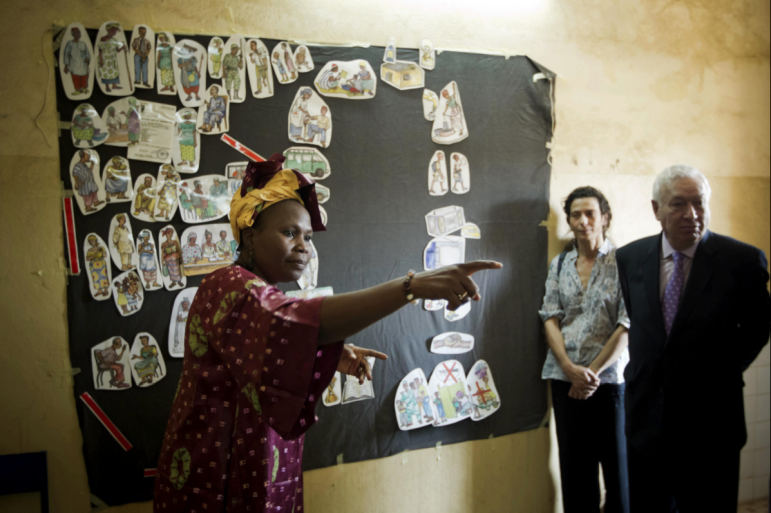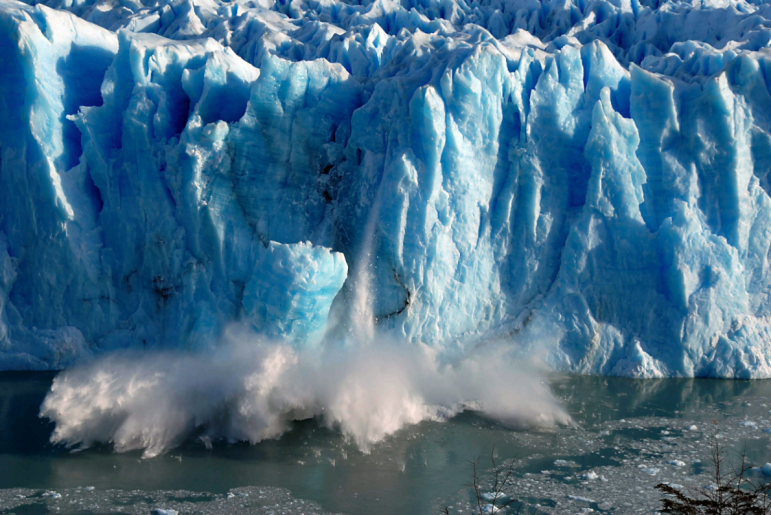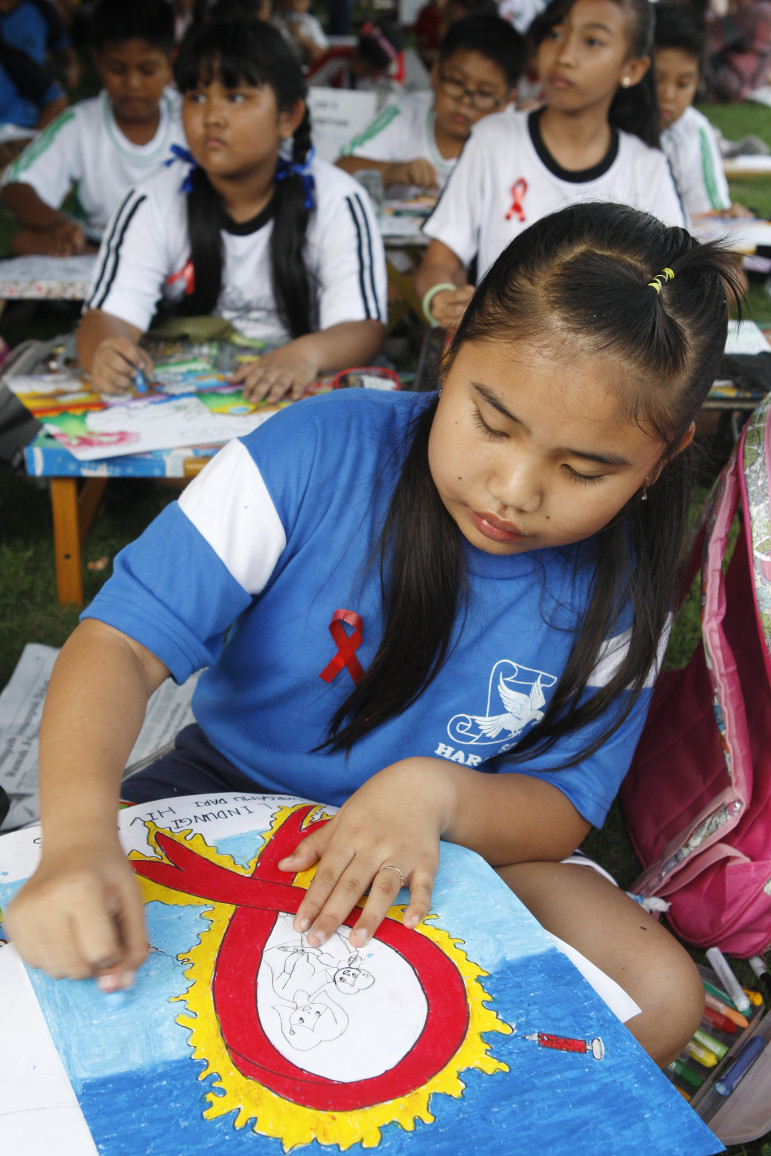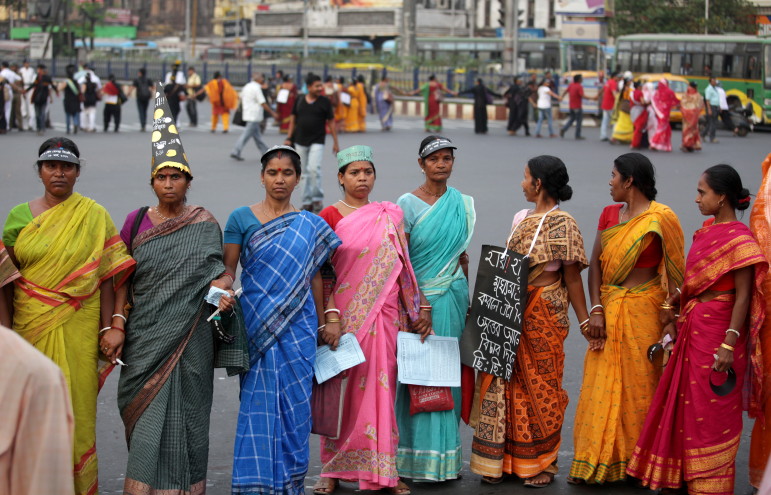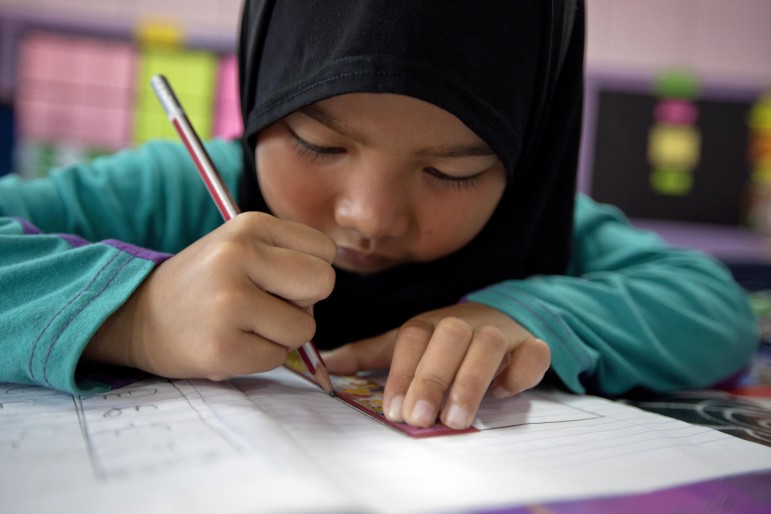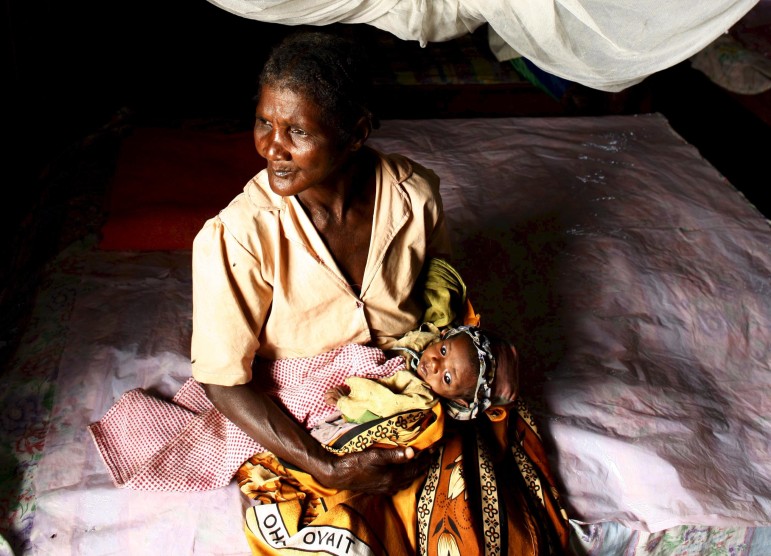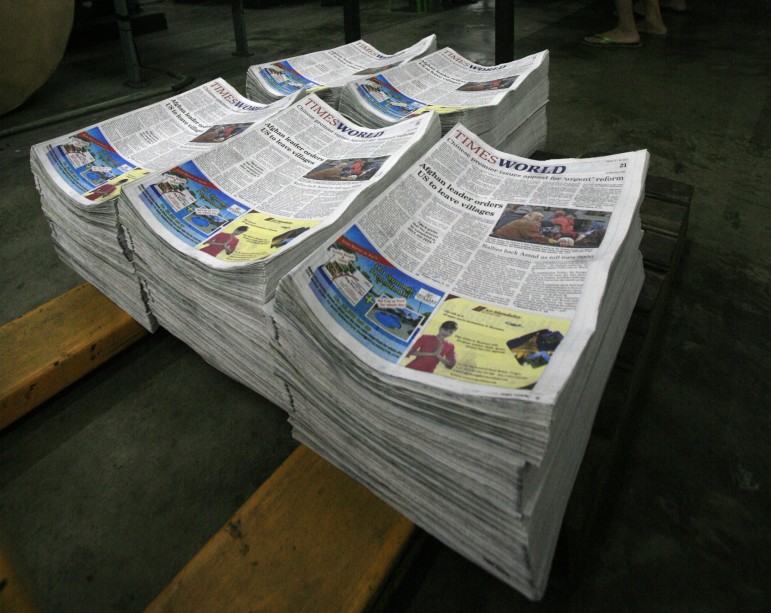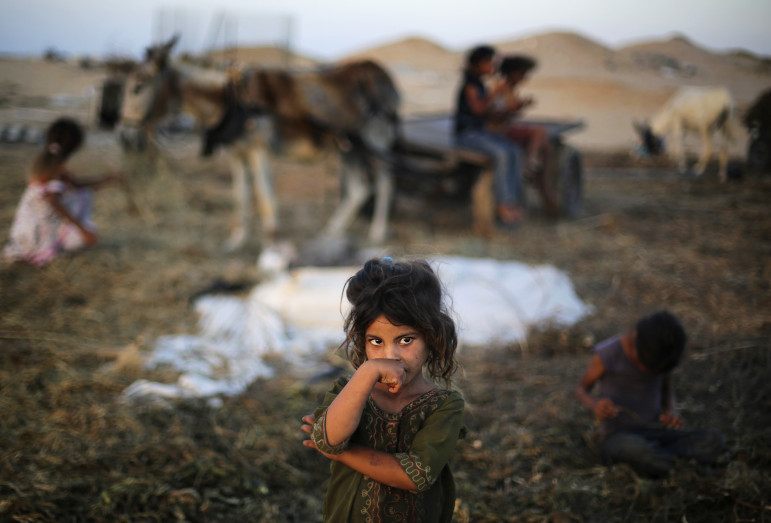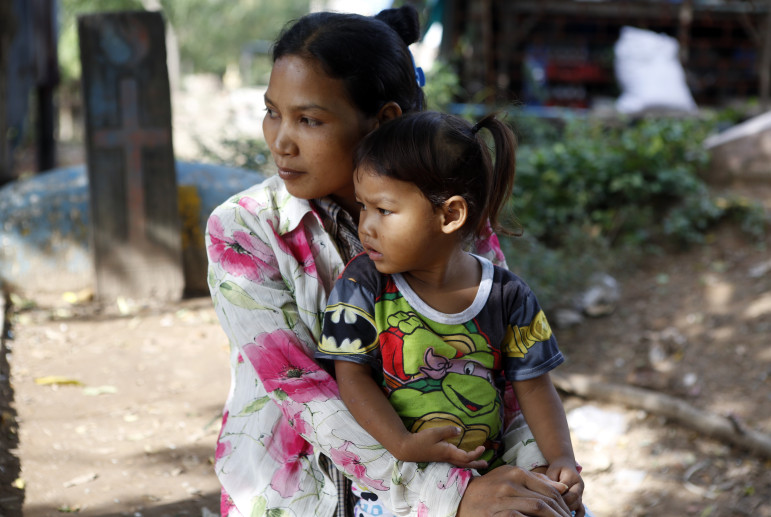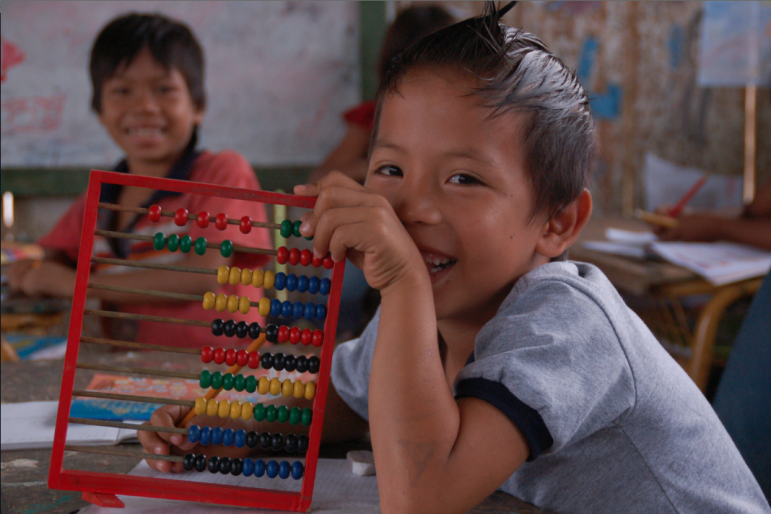Resource
Covering the Money behind the Millennium Development Goals
There are the two essential questions a reporter covering business, the economy, or just about any topic should always ask: ‘How much does it cost?’ and ‘Where will you get the money from?’. These simple questions are not only key to gaining information about your current story’s topic, but they offer greater insight into reasons for decisions that have a direct impact on a country and its citizens.

